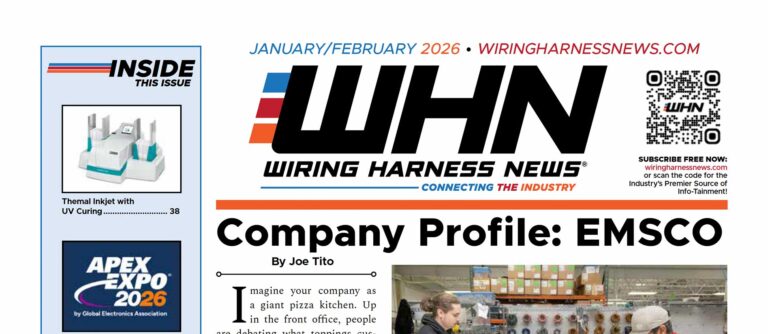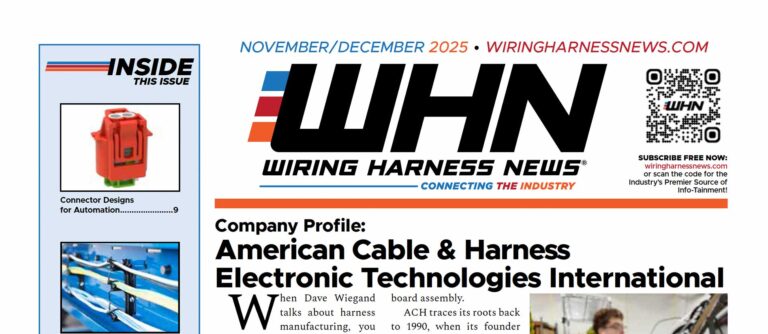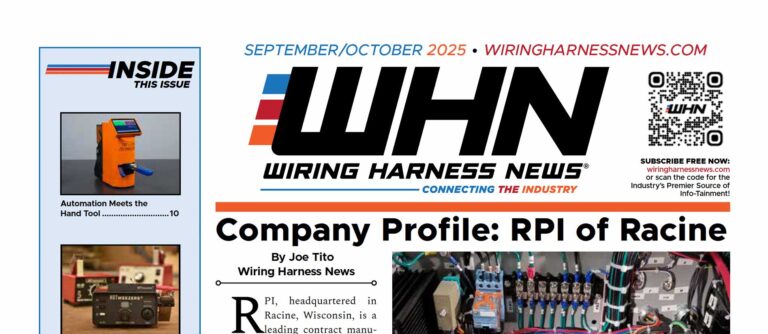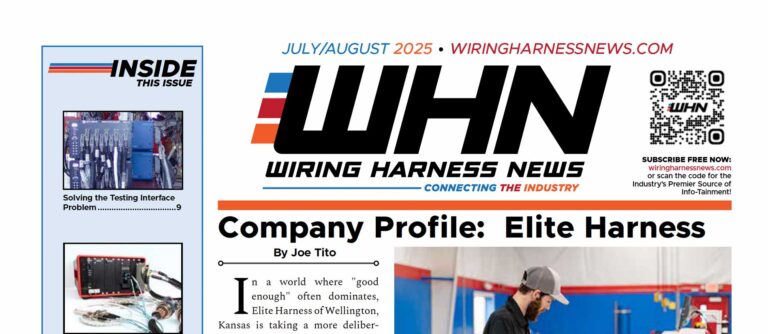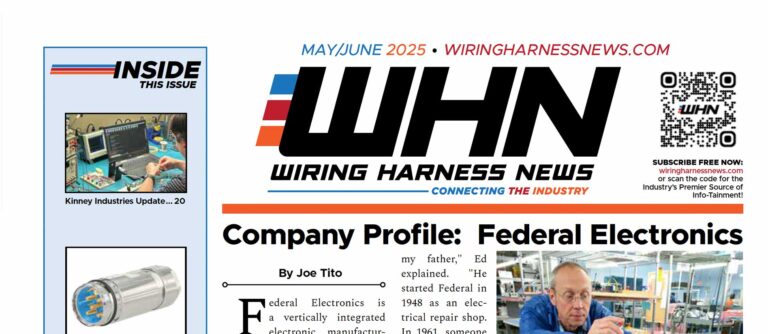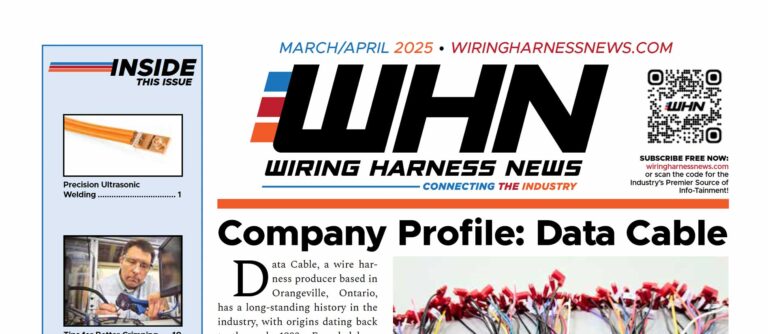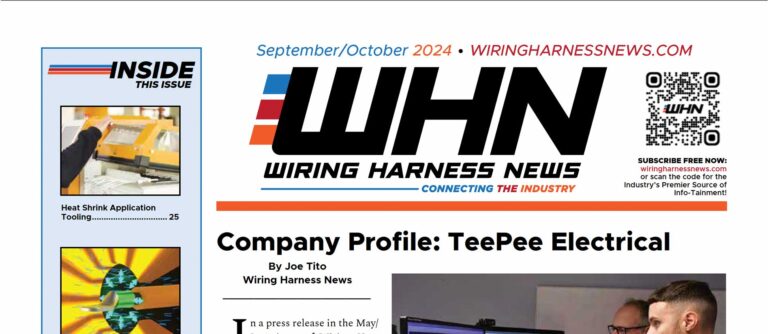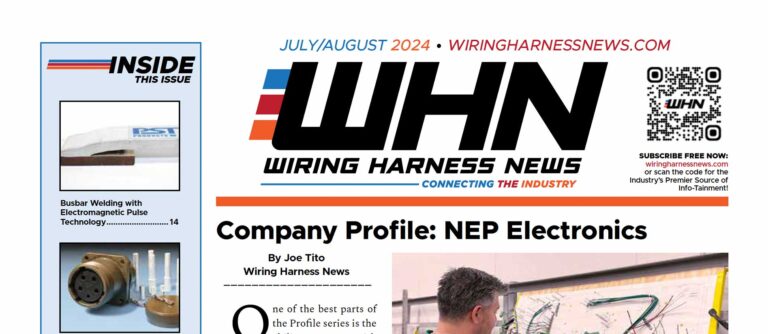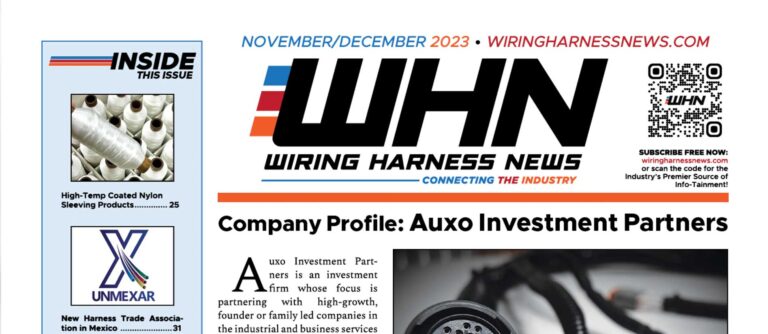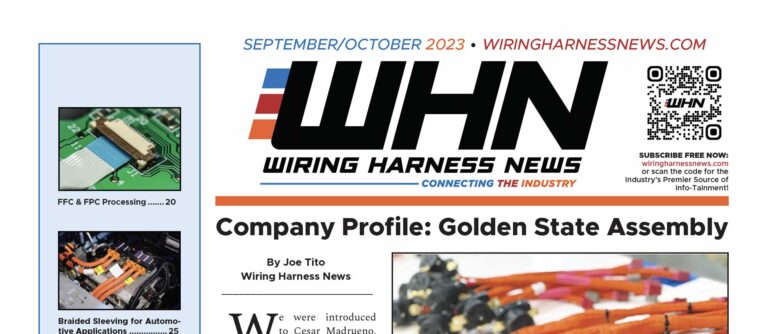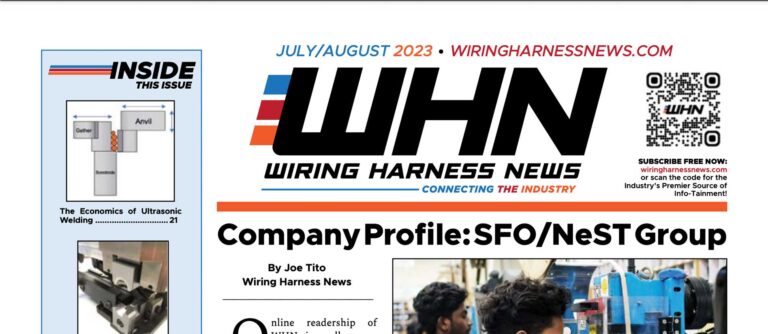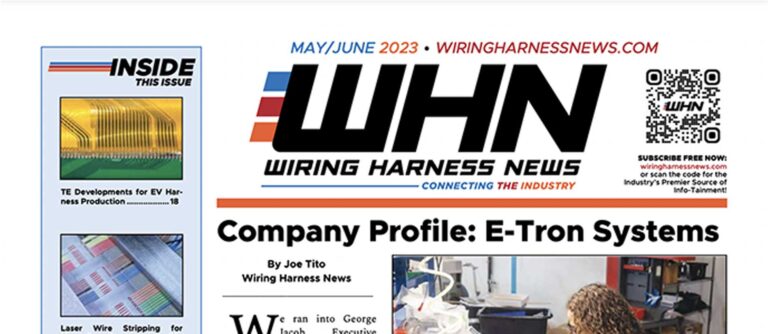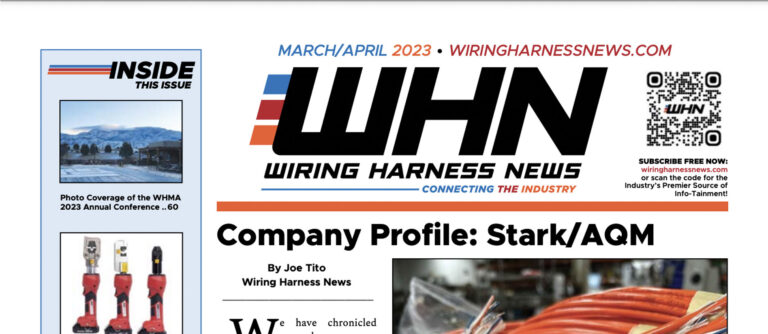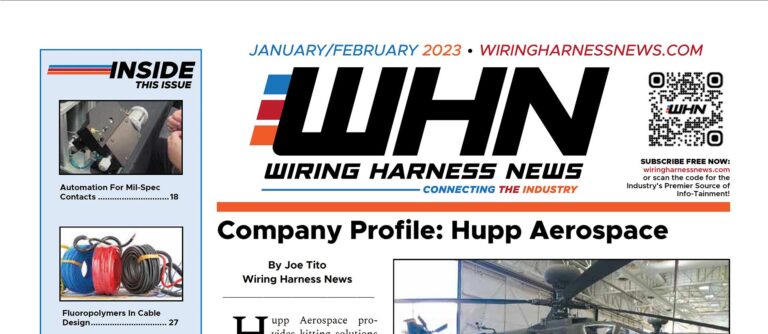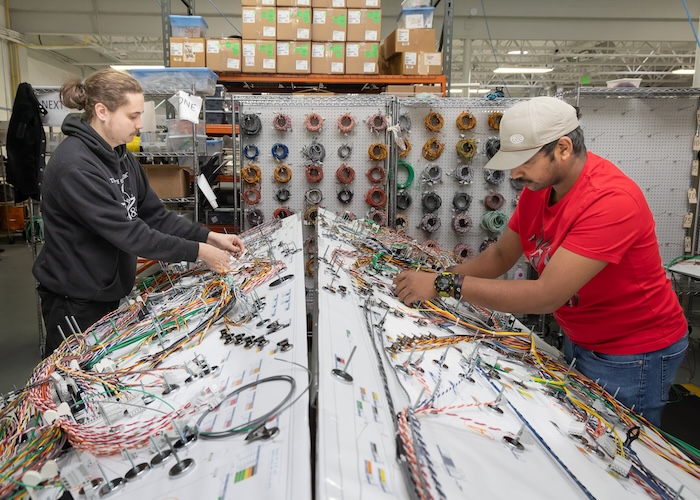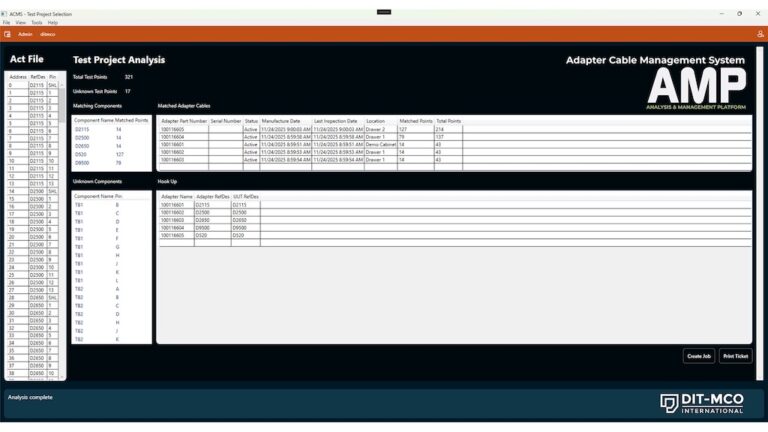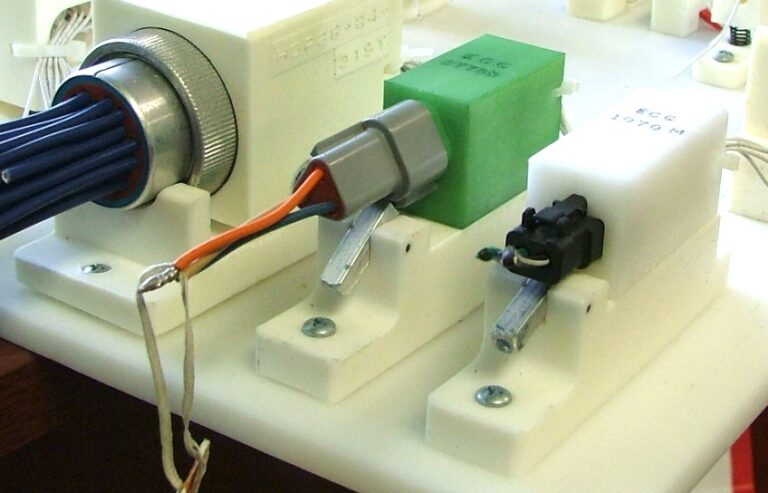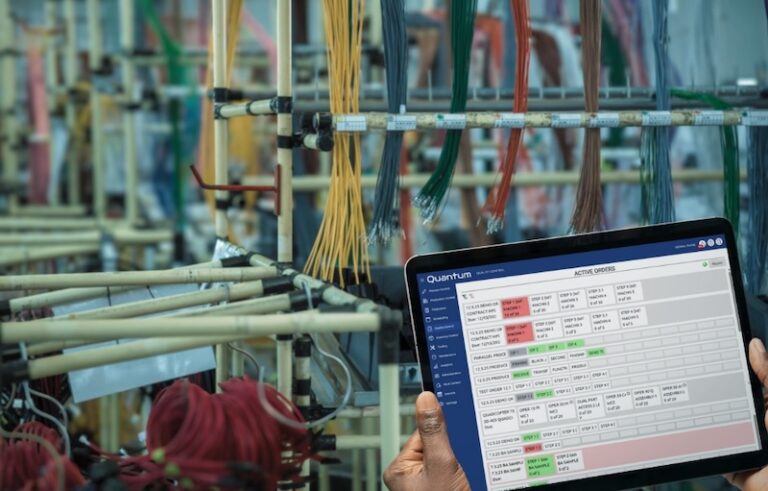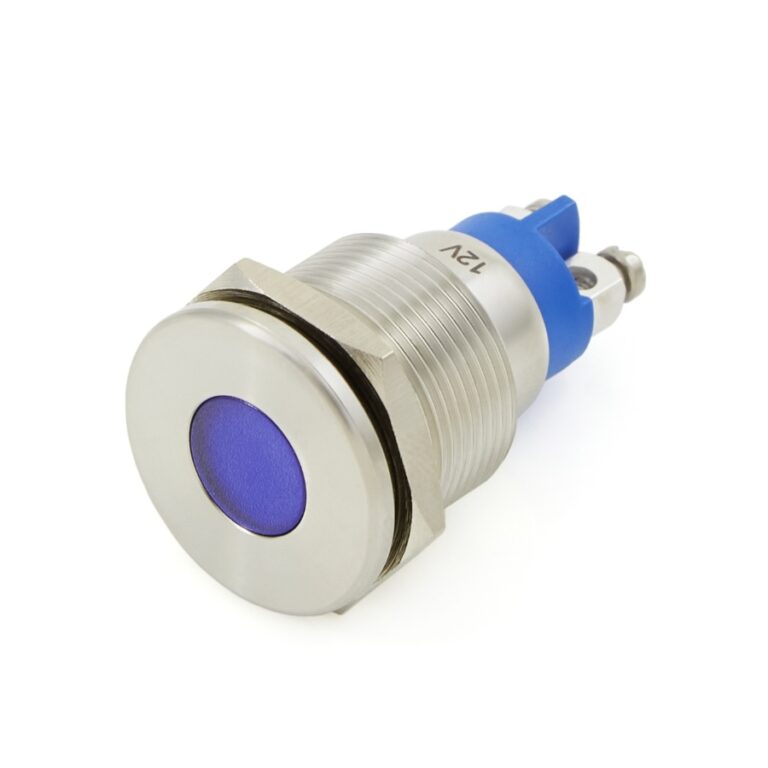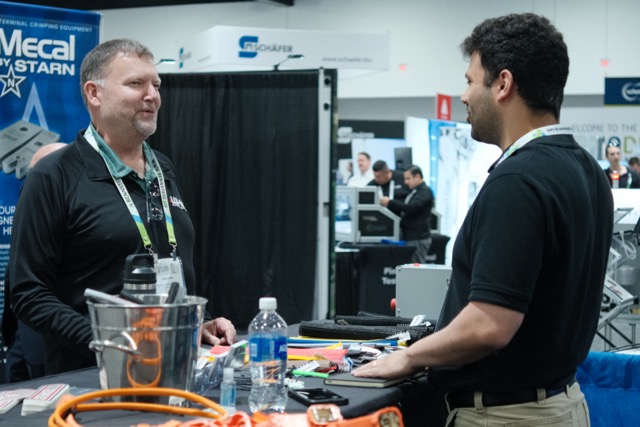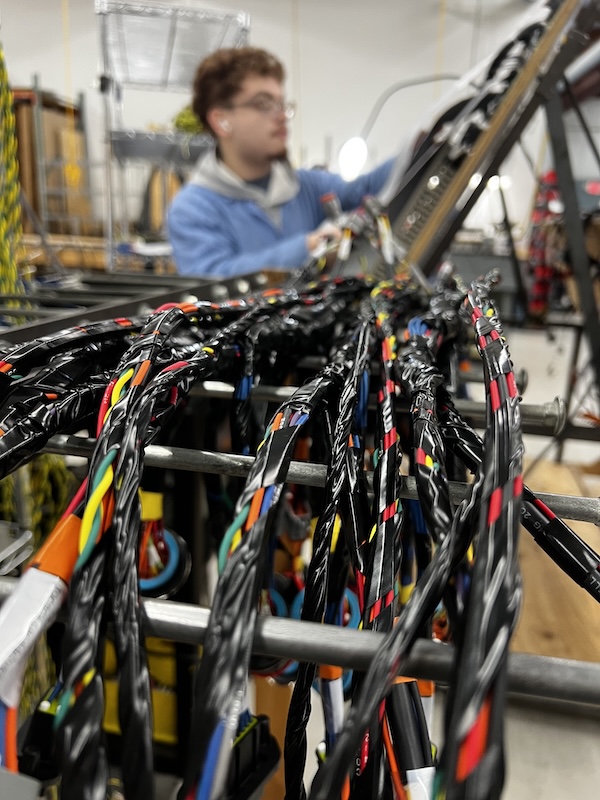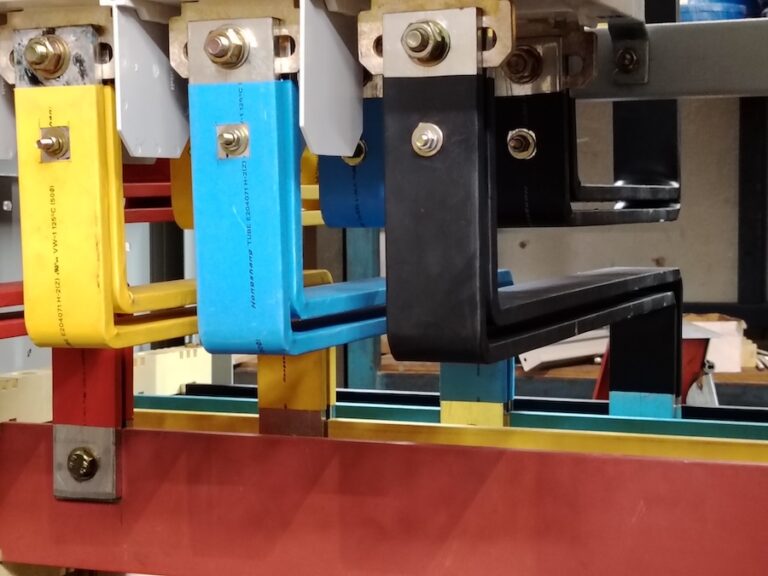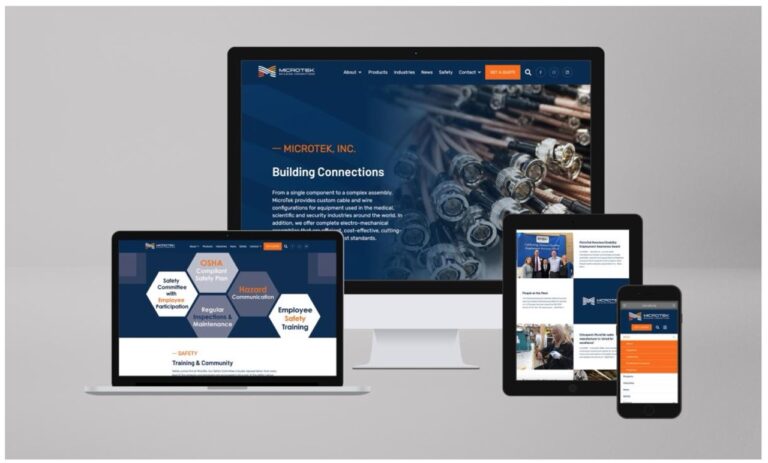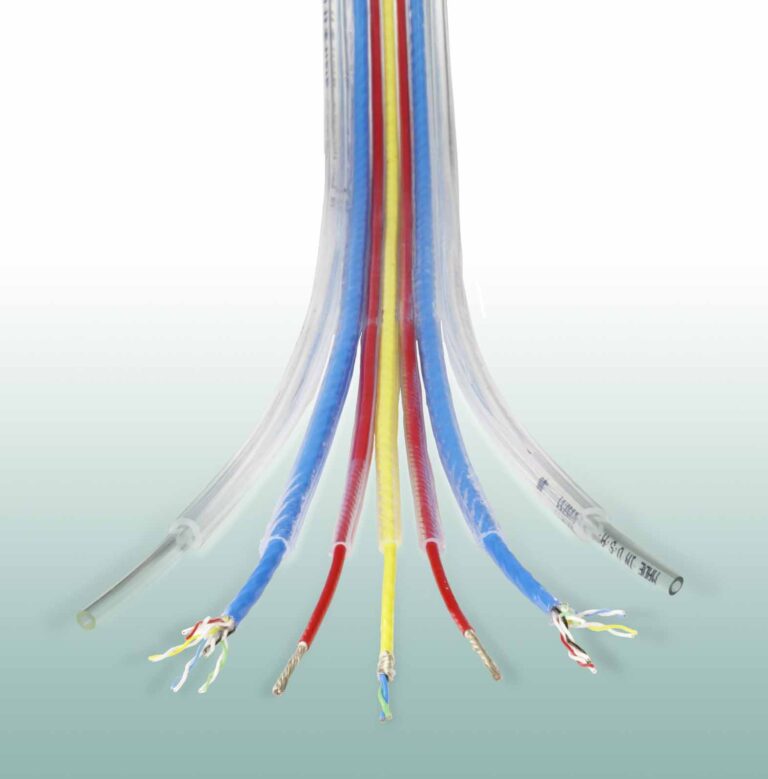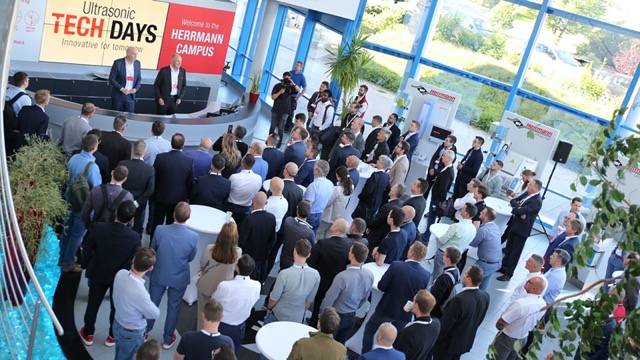By Brian Fretwell
The first management position I ever had came with two very important lessons. Only, instead of being told what a Seagull Manager was how focusing on results and efficiency can kill performance, I got to learn them the hard way.
I had taken a job as a regional manager for a contract security company. It was my job to manage all of the sites in the state of Idaho and Utah while also working to grow the business. And, while I came in with virtually zero knowledge about the security industry and had never actually worked as a security guard, I was always taught that with the right work ethic I could always figure things out.
One of my primary responsibilities in that role was to run inspections on all three shifts at each site twice per month. Given the fact that I had two job sites that were a full twelve-hour drive from each other, keeping up with those inspections, while trying to get the rest of my job done, was going to be a challenge.
To make sure I did my job as efficiently as possible, I came up with a strategy that seemed to work wonderfully at first. If I woke up at 4 am, I could inspect the overnight and day shift on one site and drive down to my site twelve hours away to catch the transition between the day shift and the swing shift catching two more in the same day. If I did the same thing the next day in reverse, I could have all the inspections done in two long days every two weeks.
For the first few months, I felt great. I had found an efficiency that was saving me time and I was getting done what I needed to while opening up more time for growing the business.
Only, after about three months, the holes in my plan started to show, and the efficient process I thought I had created began to cost me much more time and headache.
While I knew that the purpose of the inspections was to make sure people were doing their jobs and we were delivering on our contractual obligations, I had missed something much more important. Each of those inspections were also an opportunity for me to interact with the security officers, to be the face of the company, and to help them feel like part of a team.
In my drive to get things done so efficiently, however, I wasn’t doing any of those things. My inspections were fact based, to the point, and done as quickly as possible so I could get to the next site. And, because of this approach, after about three months into my management position, my turnover started to double, forcing me to spend countless hours trying to search for new people.
To top it all off, initially, I had no idea why people were quitting.
When I told my immediate supervisor, someone who had years of experience and was deeply respected in the business, he summed up what can happen when we focus too much on results and not enough on people.
He called it “Seagull Management.” It’s the kind of manager that flies in, makes noise, leaves droppings on things for others to clean, and promptly flies away with whatever it needs. As I thought about the approach to those inspections and the process that I was so proud of, I could almost immediately see exactly what he was talking about.
The people on those shifts often spent hours not talking to anyone else, only to have some manager come in and treat them like a number. They were good at their jobs and new what they were doing, yet twice per month had to interact with a boss that was only concerned with whether or not they had marked all the boxes on the check off sheet. And before they could build up the time and the comfort necessary to tell me about any problems or challenges, they might be having, I was off to the next site hyper focused on what I needed.
Over the next few months, I changed my approach to those inspections. I made it a point to spend fifteen more minutes at each shift after the inspection was finished. Sometimes I would have the security officer tell me about current challenges, sometimes I ask them about what was going well, and sometimes we just hung out and talked about individual interests.
At first, it felt like I was giving up all the efficiency I had created before. Over time, however, I discovered that not only did it help reduce turnover with the security officers and improve their overall performance, but my own performance improved as well.
The more engaged I became with the officers, the more quickly I found out about any needs or problems on the sight. The efficiency in communication saved much more time than my initial strategy for inspections ever did. The more I interacted with the officers, the more they would tell me about potential clients that I had never heard of, often leading to business I would have never found otherwise.
But above all these, the most important improvement came in how I viewed the inspections themselves. When it was about efficiency and checking off the box, I dreaded the long days and tried to get it over as quickly as possible. When it became about the people, however, engaging with them, learning from them, and connecting with them those inspections became the part of my job I looked forward to the most.
In that first year of management, I learned that nothing is more efficient, over time, than engagement and that nothing impacts the results more than the people charged with achieving those results.
Like so many of the leaders I work with on a daily basis, I had to learn my first lesson in understanding the direct connection between people and results the hard way. And, while I don’t generally call them Seagull Managers, I do hope that sharing the story of when I was one can help them avoid the same. Because when we make the hard decision to focus on people first, everything else gets a little easier.
Brian Fretwell was Keynote Speaker at the 2024 WHMA Leadership Summit. He is the founder of Finding Good and he and his team work daily to build new leadership tools. Brian has delivered keynotes from Istanbul to Perth and all points between. Check out the website at findinggood.com.

